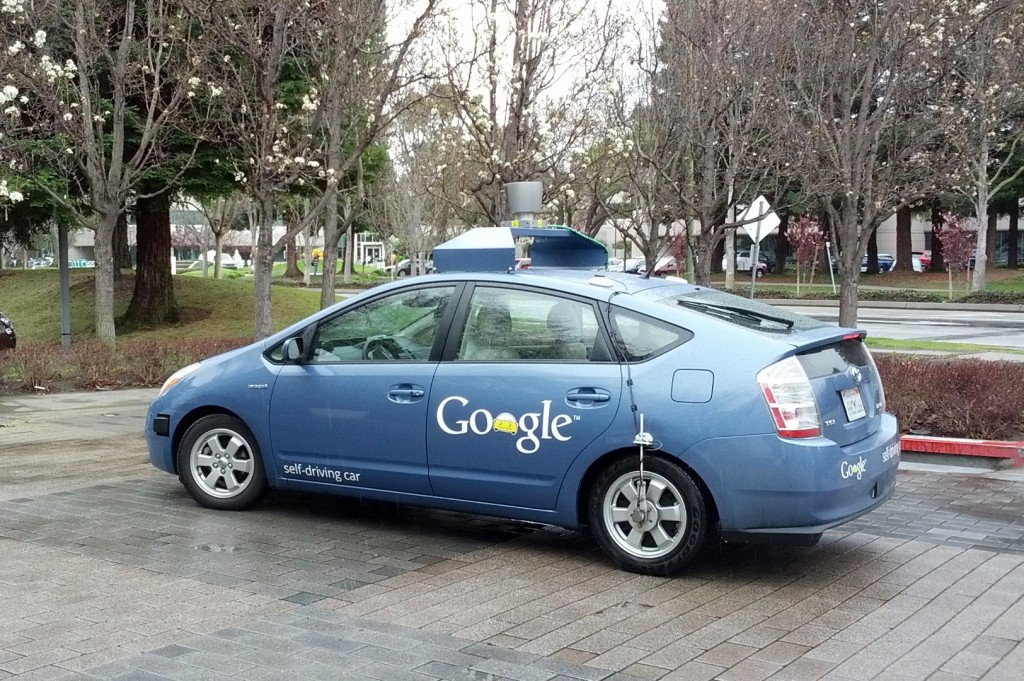Since the Internet came into being in 1982 and later became publicly accessible in 1991, our world hasn’t been the same as more people, businesses, and organizations are ubiquitously connected to each other for various purposes. Now, what if we take it a step further and connect real non-living objects to the Internet?
Well, it’s been happening for a while now, since 1990 when a toaster became the first non-object to be connected to the Internet. So, this is not something that is seen in sci-fi movies; it’s happening now. Called the Internet of Things (IoT), this phenomenon bridged the physical world to the digital world by connecting everyday household appliances or items to the Internet, making machines smarter and more sensitive to their surroundings while providing real-time information; many of these machines functions using cloud technology to store information and provide online access. Since IoT was formally introduced in 1999 by British tech pioneer Kevin Ashton, each year, there have been a growing number of things connected to the Internet. In fact, it has been forecasted by the end of the year, there will be about 4.6 billion connected things globally – up 30% from last year in 2014; plus, estimates of about 25-30 billion connected things will exist by 2020.

Currently, 23 million cars globally have IoT technology; this figure is expected to increase to 152 million by 2020.
In 2010, tech conglomerate Google introduced the first self-driving car to the world. Currently, this technology is not yet common place; yet, IoT has invaded the automobile industry in a huge way. Since GM first launched its long-standing OnStar interior hands-free communication system in its cars in 1996, not only has GM made it standard in all of its vehicles with more technological advances, other motor car companies have developed their own IoT version for their cars as well. Currently, 23 million cars globally have IoT technology; this figure is expected to increase to 152 million by 2020. In addition, auto insurance companies and auto financial leasing companies are jumping into the IoT act in growing numbers. Several major auto insurance providers, like All State and Progressive, are offering usage-based insurance (UBI), a personalized insurance policy based on driver’s IoT-collected information; telematics devices are installed in cars to track and record drivers’ behavioral patterns and send this information to insurance companies. Today’s consumers can also use smart technologies to look for car loans and get an auto insurance quote comparison as they prepare for autonomous car ownership. Now let’s examine the effects IoT have on the auto industry as cars are becoming smarter than ever.
Mobile Connectivity
Smart cars can now function as in-vehicle mobile hotspots, providing online access for portable devices used inside the vehicle. Telecommunication giants AT&T and Verizon are now offering 4G LTE and Wi-Fi capabilities to several automakers like GM and Ford; some automakers, like Audi, have developed its own mobile connectivity system, Audi Connect. Now, drivers and passengers have the ability to stay connect using their mobile phones/tablet and laptops while on the go, enhancing the driving experience.
Software Updates
Like with any smart device, occasionally the software that makes it functional must be updated wirelessly. Smart cars are no exceptions. These over-the-air updates are essential to remotely improve the services and features of the in-vehicle software applications. Despite recent inconvenient recalls due to software glitches, many car manufacturers are investing in more resources to develop better software while smoothing the remote updating process.
Despite recent inconvenient recalls due to software glitches, many car manufacturers are investing in more resources to develop better software while smoothing the remote updating process.
Infotainment
During its first few years, the OnStar system mainly provided auto location and safety information, navigation, and hands-free communication in selected GM models. Now OnStar, as well as other in-vehicle IoT systems, have more features for safety, security, vehicle diagnostics, and automated car-maneuvering capabilities. Plus, tech conglomerates Google and Apple have partnered with several automakers to create mobile apps for the smart car’s dashboard to inform and entertain drivers and passengers, such as watch videos, stream music, catch up on social media, and make dinner reservations.
Safety
Safety is paramount for smart cars. During an accident, knowing the car location is not enough. Safety features found in smart cars, like OnStar and Volkswagen’s Car-Net, include automated crash alerts to immediately contact nearby emergency services. These life-saving features should always be connected to a reliable, low-latency network for urgent notifications and optimal efficiency during a time of crisis.
Security
Security is another significant aspect for smart cars. From providing theft protection to ensuring the privacy of sensitive data, car makers have made several improvements over the years to safeguard the smart cars and their drivers. Yet, like with other smart devices, smart cars are vulnerable to hackers who can steal personal information and even take over controls. Even some auto financial lenders place smart devices into the vehicles of subprime borrowers; when the borrowers are late with car payments, the lenders use the smart devices to disable the car from moving. While this is a risk management mechanism for lenders, it is a privacy and possible a hazardous nuisance for borrowers.
The Future
IoT will become the new normal. Its implications and possibilities for future technological advancements are endless. In the auto industry, automated features that are remotely functional in smart cars are growing in numbers and performing better each year. From economical to high-class vehicles, smart cars are becoming more powerful and more intelligent while enhancing the driving experience for a smoother, safer, and more secure ride.

